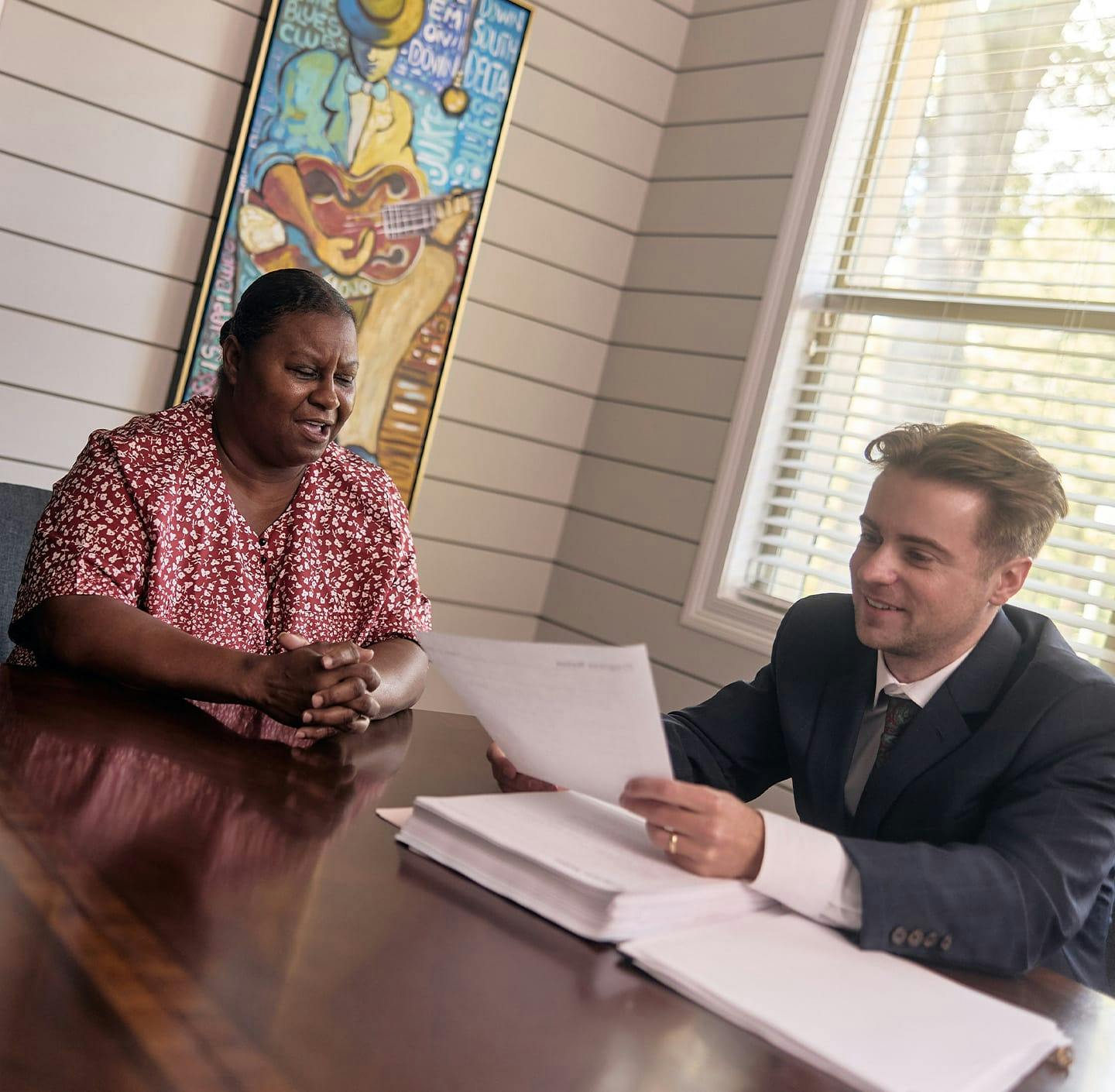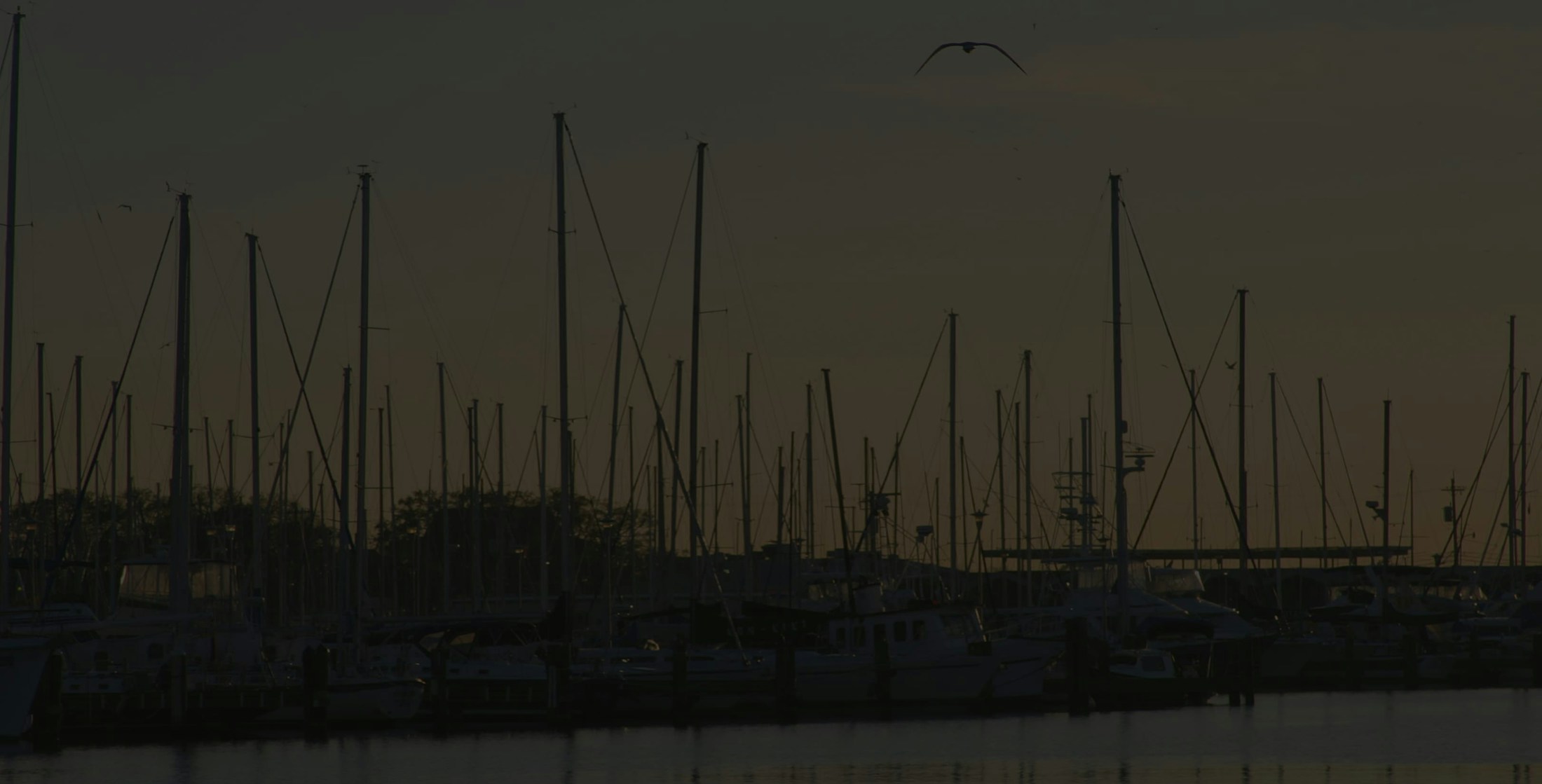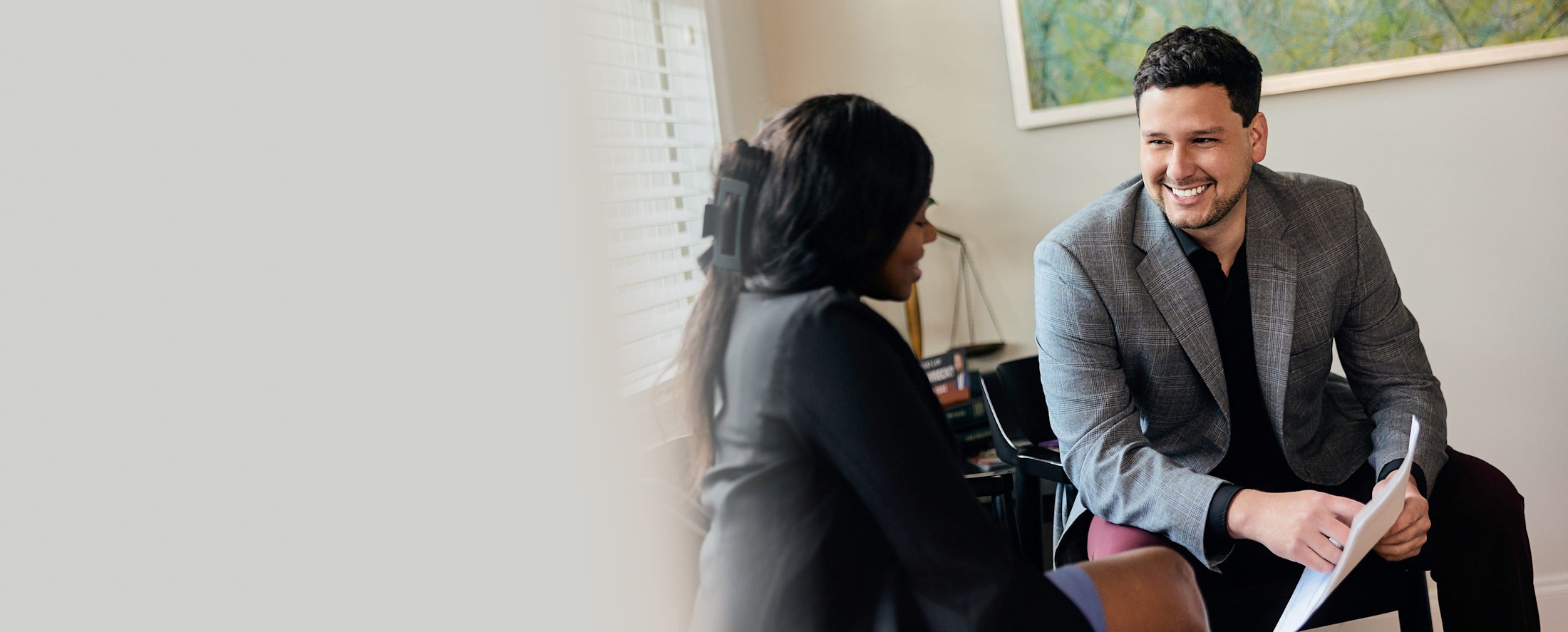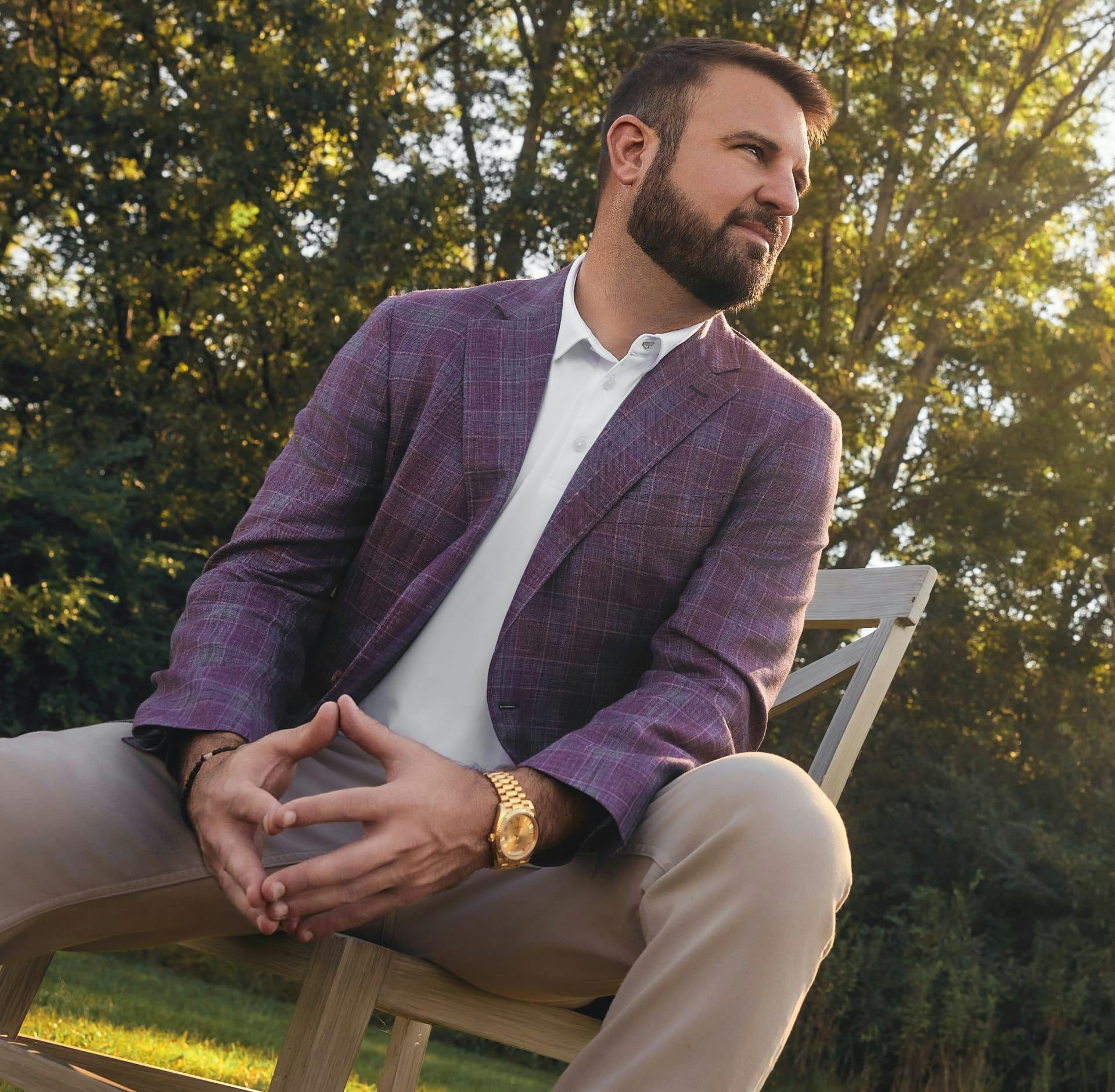Key Elements of a Slip & Fall Accident Claim
A premises liability claim must be proven by the plaintiff (the injured party). As Jackson slip and fall lawyers, we work with experts and investigators to determine and establish what caused the incident and why the property owner should be held responsible. To win, we must prove three critical issues:
- The condition on the premises was dangerous
- The property owner knew, or should have known, of the dangerous condition
- The property owner failed to remedy and/or warn you of the dangerous condition
Property owners often make quick cleanups or repairs following accidents. For this reason, it is important to contact a lawyer as soon as possible. We offer a free initial consultation to help you understand your options, and if we take on your case, you don’t have to worry about upfront costs or any attorney fees at all unless we win.











